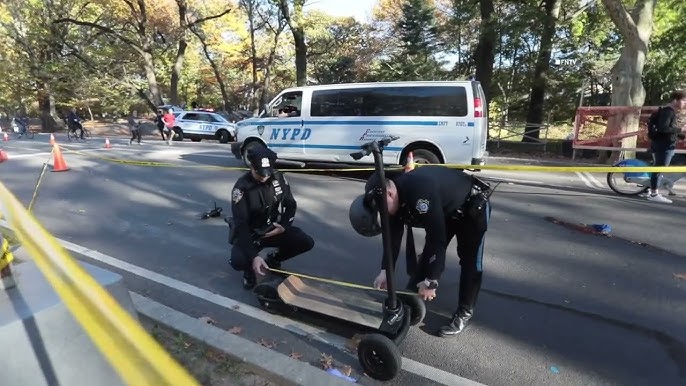Can Police in South Carolina Search Your Phone During a Traffic Stop? The state and federal laws provide for your rights on issues like the search of the police during a traffic stop in South Carolina.
A policeman has the right to stop a person when that person is speeding, but this Fourth Amendment of the United States Constitution protects the citizens from being searched or arrested without a warrant. These rights include your personal possessions such as your phone.
1. Do Police Have a Right to Search Your Phone?
The short answer is no, not without your permission or a court order. In Riley v. California (2014), the U.S. Supreme Court said that police usually need a warrant to look through digital information on a cell phone that they have taken from someone who has been arrested.
The important decision by the court indicates that they understand people have a right to privacy over the personal information on their cell phones.
Even though Riley v. California does not directly address traffic stops, it does make a rule about searching phones without a warrant.
In South Carolina, this means that a police officer can not just search your phone during a traffic stop unless they have a warrant or your permission.
2.Exceptions to the Rule
A pretty strong general rule is you need a warrant, except for a couple of circumstances:
- Consent: If you agree that they may search your telephone, police can look on it without a warrant. Before agreeing to a search, consider it. That means that anything they found may be used as proof.
- Exigent Circumstances: If the police have an urgent need, like if they think that evidence on your phone will be lost right away or if it has to do with public safety, they can go without a warrant. It does not happen very often, and police have to explain in court any searches they do without a warrant.
- Plain View Doctrine: This rule normally only applies to items that can be viewed by police, not digital items like what is on your phone. An officer may seize your phone if they observe that it has embarrassing texts open and visible. But they still would need a warrant to search it further.
3. Can Police Demand Your Phone’s Passcode?
In South Carolina, police can not usually make you give them your phone’s passcode during a traffic stop or any other time without a warrant.
The Fifth Amendment protects you from self-incrimination. This means that you can stay silent and refuse to give any information that could be used against you, even your phone passcode.
Some courts remain divided whether this right includes the use of biometric data for the unlocking of a device- such as using one’s fingerprint or face to open a phone.
4. What to Do When the Police Want to Search Your Phone
You have the right to decline if a police officer stops you and asks to inspect your phone. Be courteous but firm when saying no to a search.
Ideally, wait for them to show you a warrant, even if you are not hiding anything. An example of setting a wrong precedent is letting them have their way with the lack of a warrant.
5. Your Rights and Legal Remedy
There is evidence that will be found on your cell phone that can’t be allowed in court if a search warrant wasn’t executed to get that evidence.
In case you feel your rights were violated during the process of the traffic stop, you should consult with your lawyer. They may aid you through the procedure maybe getting that illegally obtained evidence.
Conclusion
If you are stopped for speeding in South Carolina, the law protects your phone from warrantless searches unless you agree or certain conditions are met.
You can deal with these situations with confidence when you know and use your rights, protecting your privacy and upholding your constitutional rights.


 by
by 




